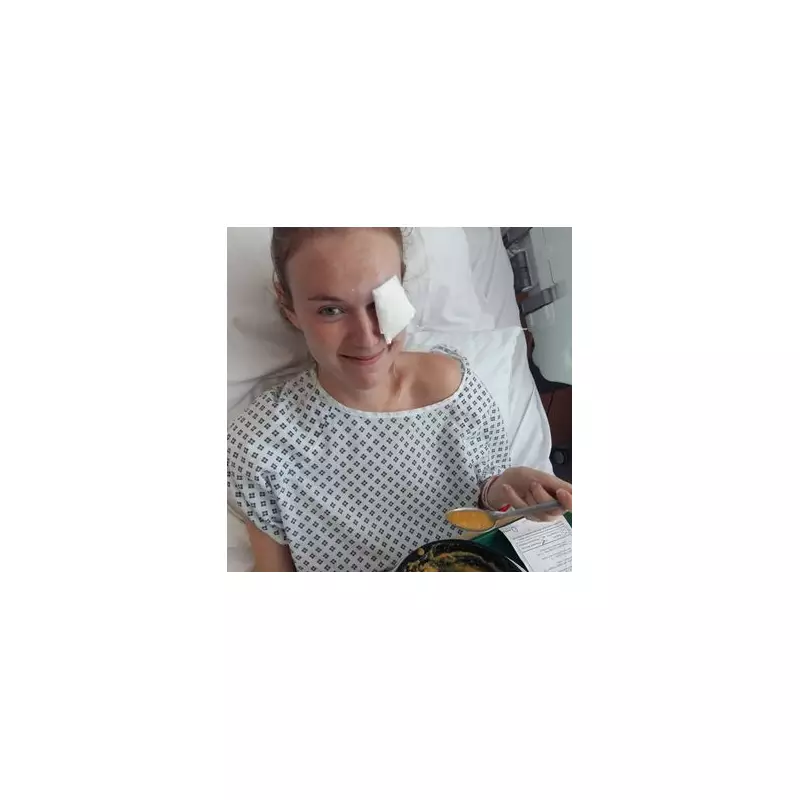
Flight Fatigue or Something More?
When 30-year-old Abi Smith from Stirchley, West Midlands, experienced double vision during a flight to the United States in June 2019, she initially attributed it to the effects of cabin pressure. However, this seemingly minor symptom marked the beginning of a terrifying health journey that would lead to a life-altering diagnosis.
The situation escalated when Abi began experiencing more alarming symptoms. She started losing mobility in her legs and found herself unable to hold everyday objects like kitchen utensils. This rapid deterioration prompted her to seek immediate medical attention while still in the US.
A Shocking Diagnosis Against the Odds
Despite undergoing a CT scan in America that showed no abnormalities, Abi's concerns persisted. Upon returning home to the UK, she visited Queen's Hospital in Burton upon Trent where doctors arranged for an MRI scan. This more detailed investigation revealed the true cause of her symptoms: a glioma, a type of brain tumour.
"Doctors in the UK thought I'd had a stroke because I couldn't move the right side of my body, including my eye, which had turned inwards," Abi recalled. "When I was given my diagnosis, I was on my own, and although I was terrified, I felt a sense of relief that the medical team had a plan."
The tumour's location presented significant challenges. Situated at the base of Abi's brain and extending along the top of her spine, the mass was deemed inoperable due to its sensitive position. However, in a complex procedure in July 2019, surgeons successfully managed to remove the spinal component of the tumour.
Treatment, Recovery and Turning Pain into Purpose
Following her surgery, Abi faced an arduous treatment regimen including radiotherapy and six months of chemotherapy. The side effects were harsh, resulting in hair loss. "It was a shock at first," she admitted, "but I reminded myself that hair can regrow. It was a small price to pay for the amazing treatment that managed to considerably shrink the tumour."
Now under regular monitoring with routine scans, Abi has channelled her experience into positive action. She has become an active campaigner for brain tumour awareness and is currently supporting the Brain Tumour Research Christmas Appeal.
"More funding is urgently needed to understand, treat and ultimately cure brain tumours," Abi emphasised. "This Christmas, I'm encouraging people to support the Appeal. Every pound donated helps fund the breakthroughs we desperately need."
Her fundraising efforts extend beyond seasonal campaigns. Abi recently organised a Wellness Day that raised hundreds of pounds for charity. She also runs a greetings card business called The Cancer Card, which contributes a portion of every sale to Brain Tumour Research.
Letty Greenfield, community fundraising manager at Brain Tumour Research, praised Abi's resilience: "Abi's strength and positivity in the face of such a challenging diagnosis are nothing short of inspiring. We're so grateful for Abi's ongoing support and her dedication to turning a difficult experience into a force for good."
Abi's story highlights the critical importance of brain tumour research, particularly since brain tumours are the biggest cancer killer of children and adults under 40 in the UK, claiming more lives of women under 35 than breast cancer.






